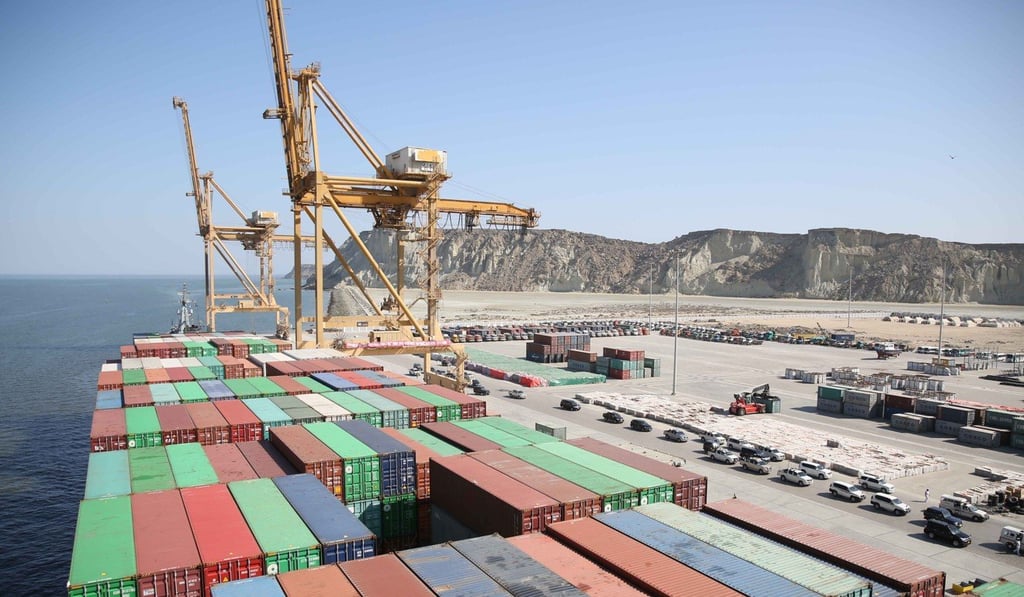Asian Angle | Why a warmer US-Pakistan relationship is a win for China
- Donald Trump and Imran Khan were all smiles when they met earlier this week, suggesting a ‘reset’ between the countries
- Pakistan’s security and stability are of utmost importance to China, as its investment – physical and reputational – expands rapidly

On the whole, Beijing benefits from better relations between Islamabad and Washington. Chinese officials have regularly counselled their Pakistani counterparts to preserve ties with the US, even in the aftermath of the Osama bin Laden raid, which humiliated Pakistan. Deep mutual trust underpins the China-Pakistan relationship, so renewed communication between Islamabad and Washington is unlikely to make Beijing anxious – although China’s hand has been strengthened by their strained relations in the past.
Repeated suspensions of US military assistance have pushed Islamabad further into Beijing’s arms, driving the overall surge in Chinese weapons exports. From 2008-17, Pakistan was the No 1 buyer of Chinese arms sales, with its expenditure of about US$6 billion, accounting for 42 per cent of China’s total weapons sales.

More generally, China’s flexibility has allowed it to position itself as a less intrusive partner than the West. Its willingness to provide countries with infrastructure financing without requiring environmental standards and to sell arms without regard for human rights violations underpins its soft power.
